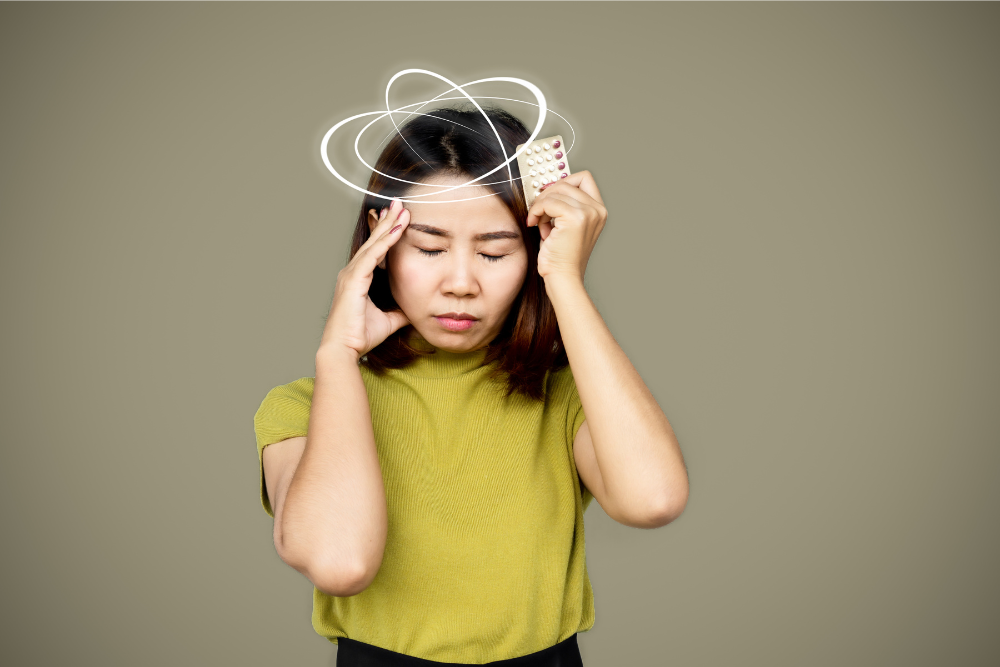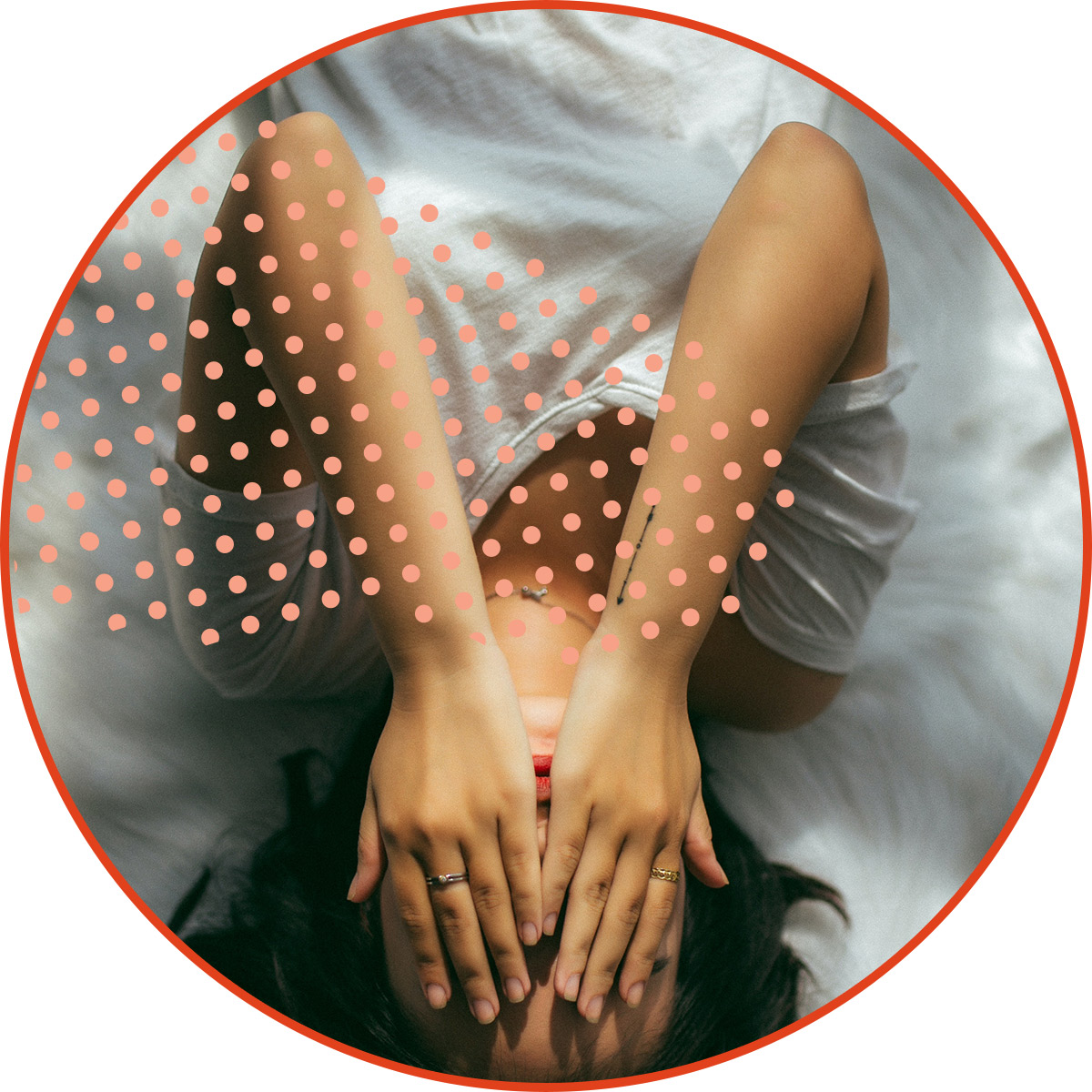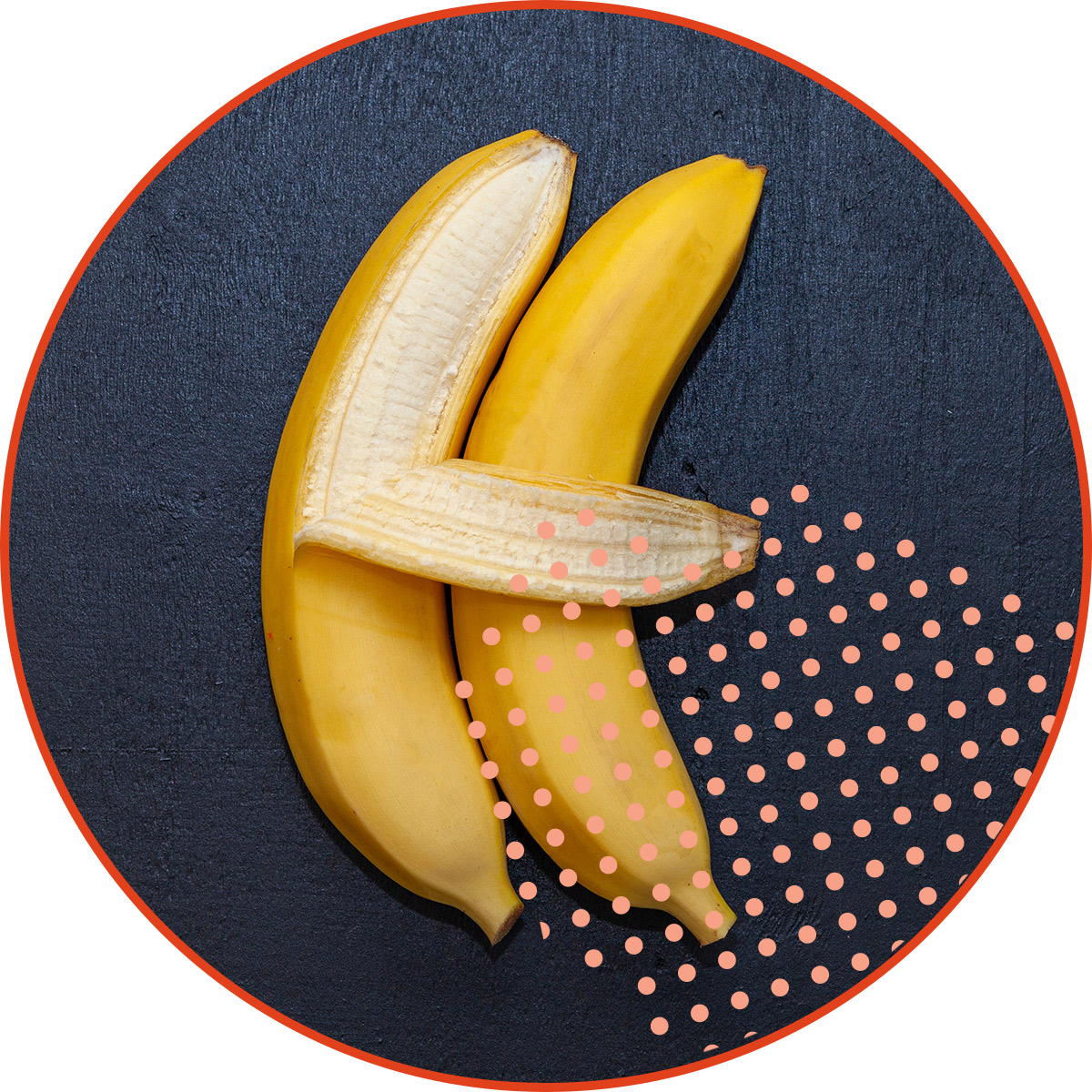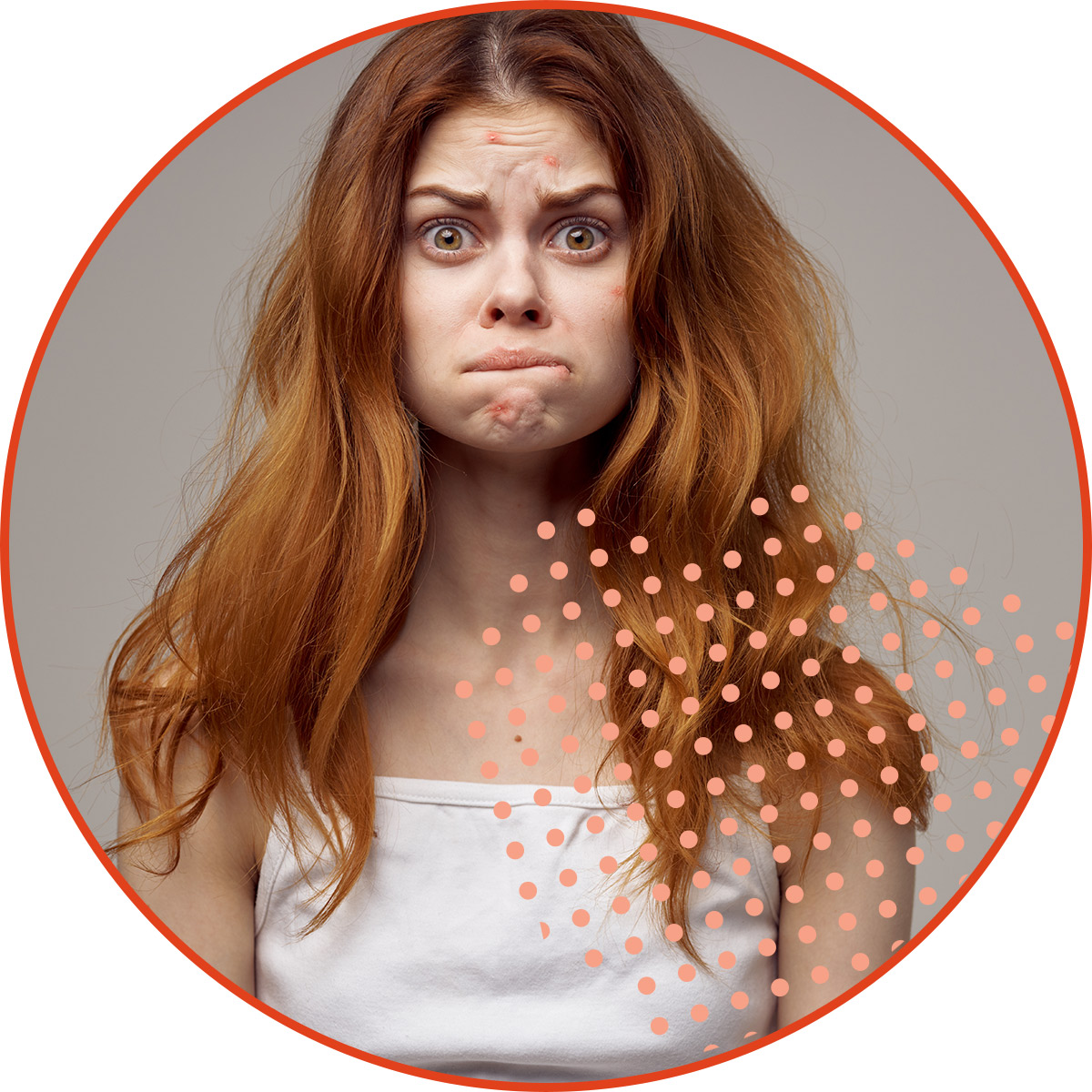We know our Girlology community has moms with girls of all ages, and questions about birth control may not be on your radar. But whether you have a current or future teen, some essential facts can prepare you as you and your girl head toward adolescence where you're both sure to encounter LOTS of MYTHS.
For many teens, some form of birth control will be used to treat or help manage health issues such as menstrual migraines, acne, anemia, painful periods, endometriosis, ovarian cysts, bleeding disorders and other complex medical conditions. Some teens will need pregnancy prevention. And sometimes, a girl just wants to make her periods less disruptive for reasons that might be related to athletic performance, an upcoming vacation, or just because.
When it comes to all the reasons a teen might need some help with hormones, the most common choice is birth control pills. Sure, there are other methods that may be more reliable like the shot, IUD or implant, but in this piece, I’m focusing on “the pill” which contains both estrogen and progesterone (not to be confused with the “mini-pill which contains ONLY progesterone, is less effective for teens, and was recently approved for over the counter sales without a prescription).
In medicine, “the pill” is also referred to as oral contraceptive pills (ocp) or Combined Hormonal Contraceptives (a grouping that also includes the birth control patch and vaginal contraceptive ring which are both as effective as the pill and are used for many of the same reasons – the hormones are just absorbed through the skin or the vaginal walls)
So let me get to the 5 most common myths we hear from patients in the office. The facts I present are based on decades of medical research. I hope this helps you and your daughter make decisions that are grounded in reality – not myths or unfounded claims from self-appointed birth control experts on tik tok who are trying to sell supplements, wellness coaching, or some other unproven cure. If you want a deeper discussion on birth control safety and research, watch this video: Is It OK for Her to Take Birth Control Pills?
Myth 1
❌ Birth control pills cause weight gain.
Lots and lots of studies have looked at weight and birth control methods and the bottom line is – birth control pills are weight neutral. They don’t cause weight gain. They don’t cause weight loss. However, teens are naturally and normally supposed to gain body fat as they mature into young adulthood, so they WILL gain weight as they develop. AND, as teens become more independent, changes in their eating habits and activity levels are the other cause for significant weight gain. Only one birth control method has consistently shown weight gain, especially among teens who are already overweight – that is Depo-Provera or the birth control shot.
Myth 2
❌ Birth control pills increase her risk for breast cancer.
Teens who take birth control pills do not have an increased lifetime risk of breast cancer. This includes teens with a family history of breast cancer and even the BRCA genetic mutation for breast cancer risk. BUT, birth control pills have been proven to REDUCE the risk for ovarian cancer, endometrial cancer, and colon cancer.
Myth 3
❌ Birth control pills cause depression.
Ok. Bear with me on this one. Depression and other mood disorders are especially common among adolescent girls, and lots of adolescent girls take birth control pills. So there are some challenges to getting a clear answer regarding whether the pill contributes to depression or depression shows up and she just happens to also be on it. Either way, it’s important to look for an answer – and LOTS of researchers have tried. Unfortunately, numerous studies have found no clear link. However, one fairly recent, well-designed study out of Denmark got a lot of media attention when it showed an association (not a cause) between all hormonal birth control methods and depression; and the link was more significant among teens.
Interestingly, in that study, the biggest risk of depression occurred with progesterone-only contraceptives (which include the IUD, implant, shot, and mini-pill) but it was less with traditional birth control pills (which contain estrogen and progesterone). Also, the increase in depression was SLIGHT.
For women not on birth control, the baseline rate of depression was 1.7 per 1000 people. For those using birth control, the depression rate was 2.3 per 1000. The difference was statistically significant, but in real life, that’s a very small increase. And that’s the best data we have after decades of looking at this issue.
The bottom line is that every individual can respond differently to medications, so it’s always important to pay attention to side effects or any concerns after starting a new prescription, including birth control pills. It is still accurate to share that the risk of pills causing or worsening depression is very very small, but if it happens to you, we want to know because we can try another formulation of pill or another method!
Myth 4
❌ Teens should be placed on the lowest dose birth control pills.
This is another myth that many moms find surprising. First, understand that almost ALL ocps prescribed today are by definition “low dose,” which means the amount of estrogen (ethinyl estradiol) is 35 mcg or less, but “low doses” range from 10 – 35 mcg.
Secondly, adolescence is the most important time in a female's life for building bone density. Although estrogen is known to strengthen bones, and birth control pills contain estrogen – all doses do not have the same effect. For teens, optimal bone density development doesn’t happen when the pill has doses of the estrogen that are lower than 30 mcg. That means the ultra low dose 10 mcg pills and even the commonly prescribed 20 mcg doses may be harmful to her bone development.
Besides bones, the lower doses of ocps tend to have more breakthrough bleeding (spotting) and are not always the best at controlling pain and heavy bleeding – all things that make her stop her pills.
For these reasons, most contraceptive experts treating adolescents recommend birth control pills with 30-35 mcg of the estrogen component.
Myth 5
❌ Birth control pills make it harder to get pregnant in the future.
False. The reality is that taking birth control pills during the reproductive years has been shown to be slightly protective of future fertility and definitely does not harm or reduce someone’s ability to get pregnant once they are off the pill. This fact is related to the rates of pelvic inflammatory disease (a sexually transmitted infection that spreads into the uterus and fallopian tubes), which are lower among women on the pill than those not on hormonal birth control.
For teens, there are very few contraindications for using hormonal birth control, and the most important thing to know is that any form of birth control (pills, patch, ring, shot, IUD, implant) is safer than pregnancy – always.
One more thing –
There are over 150 brands and generic formulations of birth control pills on the market in the U.S. and there are not many physicians who understand the differences between the formulations. However, the majority of teens who start birth control pills will do fine with the one they are given. Those who don’t respond or have significant side effects will usually do better with a different formulation that is wisely selected based on her symptoms. There is no doubt, however, that some people just don’t tolerate or like birth control pills.
For more on birth control and teens, check out the following short tips for Girlology members:
Understanding Side Effects of Birth Control Pills
How to Manage Period Problems with Birth Control Pills
Did you know Girlology has grade-by-grade playlists listing on-demand video and downloadable content to support her and you through the entire journey? Learn More






